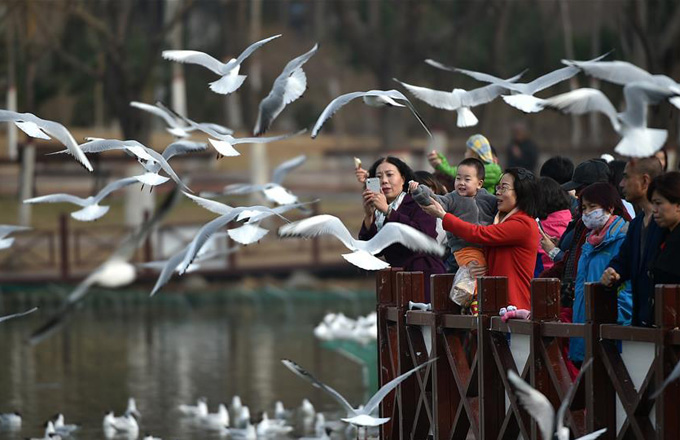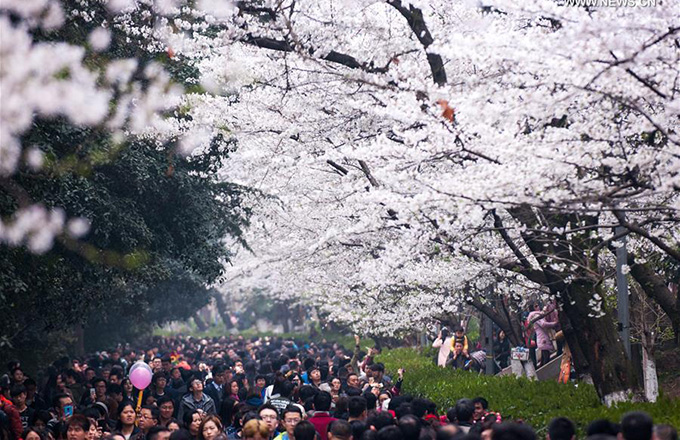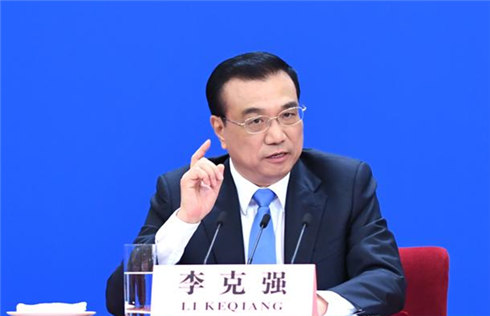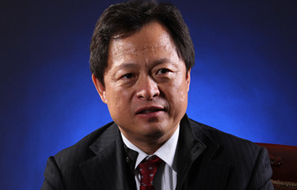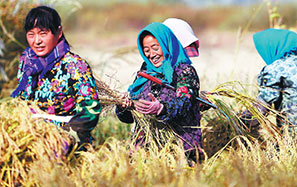No double standards in fighting terrorism
BEIJING - Pointing fingers does nothing to further the fight against terrorism, and not every disturbance in China should be pointed to as a human rights issue or problems with ethnic tensions.
A group of mobsters attacked and killed 15 community workers and police officers after a cache of knives was found in their possession in China's far west Xinjiang Uygur autonomous region on Tuesday, according to the official account. Six of the suspected terrorists also died in the confrontation.
While most people are distressed by the loss of innocent lives and have condemned the cruelty of the attackers, the US has taken the event as another opportunity to slam China's ethnic policies and human rights situation.
The US pressed China on Uygurs' rights on Wednesday. State Department spokesman Patrick Ventrell asked China to "take steps to reduce tensions and promote long-term stability in Xinjiang," according to an AFP report.
He also said the US was "deeply concerned" about so-called accounts of discrimination against Uygurs.
Meanwhile, the US has yet to fully review whether a failure in its own ethnic policies led two US-raised Chechen brothers to commit acts of terror on American soil, which include allegedly setting off two homemade bombs that killed three people and injured scores of others at the Boston Marathon.
Though it has failed to fully reflect on its domestic situation and ethnic policies, its judgement on China was made easily and quickly.
It is obvious that the US is employing double standards and failing to distinguish right from wrong.
The stark contrast in the US government's demonstrated attitudes toward the two separate acts of violence could be dangerous, and the rock will drop on its own feet one day if the US continues to tolerate violence and terrorism on foreign soil.
The US has to demonstrate greater sincerity in countering terrorism, instead of using terrorism as an excuse to expand its military clout globally or launch wars.
The United States' allegations that China limits the freedom of its own people show, to some extent, that bashing China's ethnic policies and its human rights situation is routine for US politicians after violence breaks out in regions inhabited by China's ethnic minorities.
If this routine continues, it will undermine the mutual trust that has been built between China and the US on regional security issues. It will also slow down their progress in combating terrorism around the world.
Moreover, the violence in Xinjiang on Tuesday was brutal and indiscriminate. Of the 15 community workers and police officers who were killed by the suspected terrorists, three were Han Chinese, 10 Uygur and two Mongolian.






